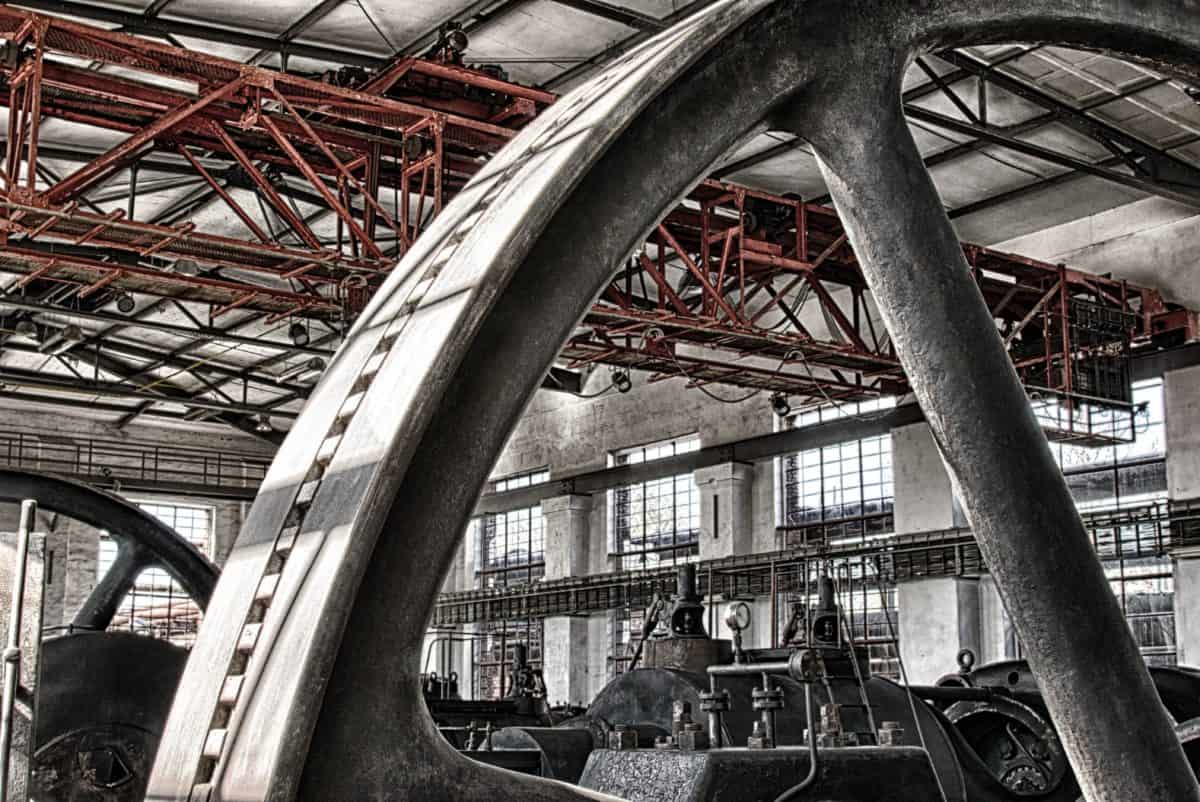Steel, what do China and Russia combine with export taxes

After Russia, China is also leaning towards a tax on steel exports. Facts, rumors and comments
New shock for the steel sector already hit by aggressive Chinese policies and the increase in the price of raw materials.
In line with what has already been announced by Moscow, China is also in the process of announcing a tax on steel exports. This is what some steel traders say to Ansa , according to which the size of the measure would be around 15%. The decision, analysts point out, will only aggravate the already tense condition of the steel market in Europe struggling with price levels on historical records.
In fact, in late June, Russia, the main supplier of metals, planned temporary taxes on exports of steel, nickel, aluminum and copper to help cool domestic inflation after prices rose amid a large-scale rally in stocks. commodities, as reported by Bloomberg .
Beijing's move would be the latest in a series of measures by countries around the clock to address rising prices for commodities and other key commodities.
All the details.
WAITING FOR THE BEIJING MOVE
"We await formalization in days", explains a ferrous scrap operator active in China, adding that "already at the end of April Beijing had initiated policies to disincentive steel exports by removing the subsidies on VAT for the steel material leaving the country ".
"Hot coils currently sail around 1100 euros per ton, but it is not the price that worries us – declares the owner of a service center – the real problem is the lack of material that is pushing companies in the sector to reduce shifts. of work".
China's steel export tax will aggravate the shortage in Europe, already marked by Moscow's moves, analysts say.
AFTER THAT OF RUSSIA
It should not be forgotten that Russian steel and copper will also be subject to export duties.
The government has proposed tariffs of at least 15% active from 1 August until the end of the year, Economy Minister Maxim Reshetnikov announced in late June.
"We see prices continue to rise in the second quarter," Reshetnikov said. "Also, there are no signs that they will be able to adjust to the downside by the end of the year."
THE VALUE OF RUSSIAN RATES
Specific minimum export duties will be $ 1,226 per ton for copper, $ 2,321 for nickel and $ 254 for low-grade aluminum.
Each steel product will have its own tariff, with at least $ 115 per tonne for hot rolled steel.
THE CONSEQUENCES FOR EUROPE
Bloomberg recalls that Russia's United Co. Rusal International PJSC controls about 10% of the global aluminum sector while Russia's MMC Norilsk Nickel PJSC produces about 20% of the world's nickel. Russia is in fact the third largest steel exporter, with most of its sales in Europe.
HOW MUCH WILL MOSCOW COLLECT
Moscow plans to collect up to 110 billion rubles ($ 1.5 billion) in tariffs from steelmakers and 50 billion rubles from base metal producers, Reshetnikov said.
The funds raised will be used to offset the increase in infrastructure construction costs affected by rising product prices, according to the Russian economy ministry.
THE COMMENT OF THE ANALYSTS
The taxes could have far-reaching implications for global metals markets at a time of scarce supply of products such as aluminum, Bloomberg writes.
Shares of Norilsk Nickel fell 6.3% in Moscow and Rusal fell 7.9%. Novolipetsk Steel PJSC and Severstal PJSC led the decline among steelmakers with shares falling 6.5% and 7% respectively.
“It was revenue that would go to the company and their shareholders, and now it will go to the Russian state,” said Colin Hamilton, CEO of BMO Capital Markets. "Export taxes can be used to deliberately reduce exports or to increase revenues."
Additionally, companies "could try to pass the cost on to consumers and where they could have some success is in value-added products," Hamilton said. "It is also possible that producers will try to increase exports before the tariffs come into effect," he concluded.
The measures are unlikely to affect Russia's nickel and aluminum exports much because local use is limited, said Kirill Chuyko, an analyst at BCS Global Markets. Russia consumes about 10% of the nickel it produces and about 30% of the aluminum.
This is a machine translation from Italian language of a post published on Start Magazine at the URL https://www.startmag.it/energia/acciaio-che-cosa-combinano-cina-e-russia-con-le-tasse-allexport/ on Wed, 07 Jul 2021 13:41:32 +0000.
